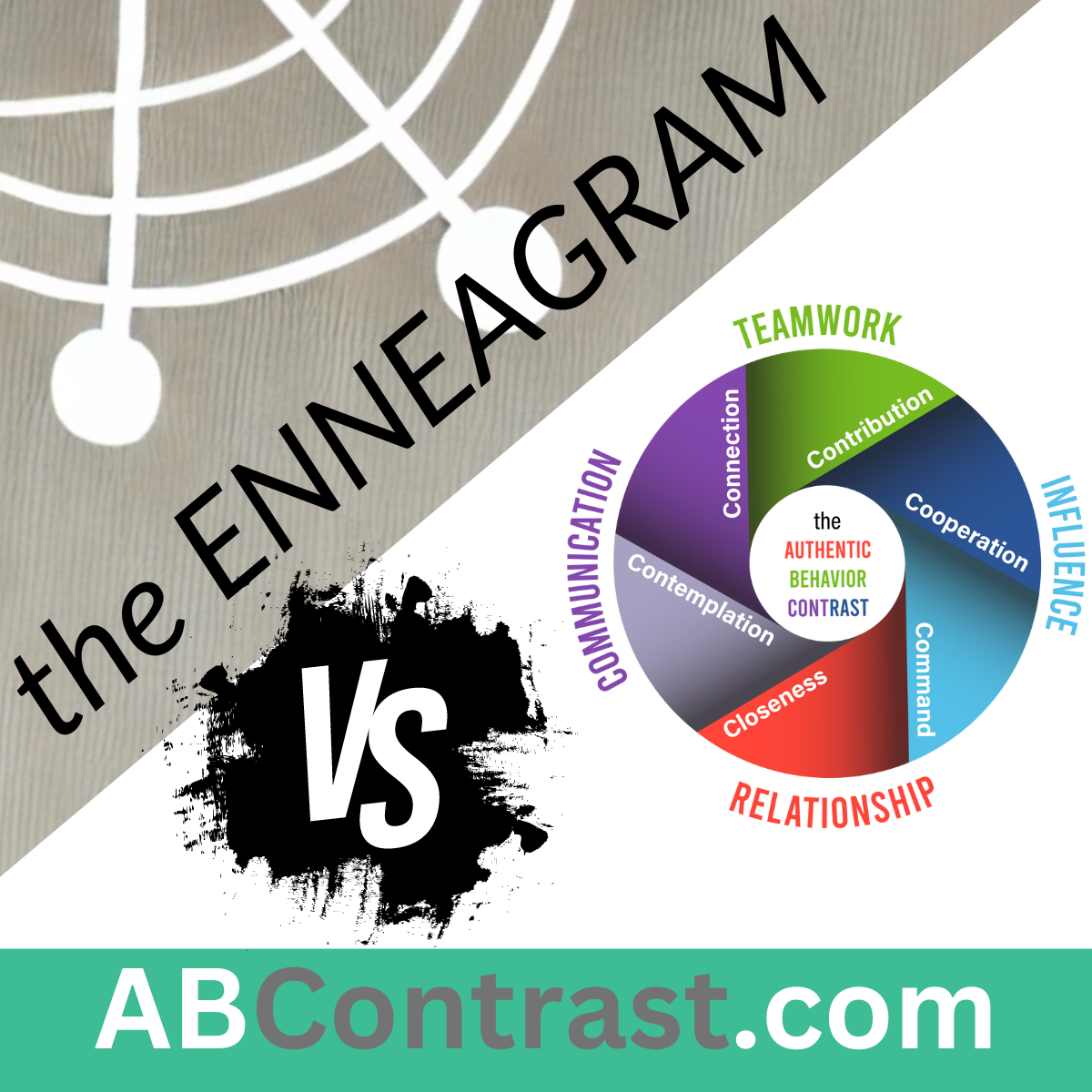Surpassing the popular Enneagram… is there a new champion?
The Enneagram, a widely recognized personality framework, has been used for decades to help people understand their own behaviors, motivations, and emotional patterns. Its roots can be traced back to early mysticism, combining elements of ancient traditions with modern psychological insights. Over time, it has grown into a popular tool used by therapists, coaches, and individuals alike to foster self-awareness and personal development.
The Enneagram divides individuals into nine personality types, each associated with distinct core fears, desires, and patterns of thinking. These types are often depicted on a nine-pointed diagram, with arrows showing how people may shift in times of stress or growth. This dynamic nature of the Enneagram offers a unique perspective on human behavior, which is why it has remained a favored system for personal growth.
However, despite its widespread use, there are some limitations in the Enneagram’s approach. While its nine types provide a general guide, the model can sometimes oversimplify the complexities of human behavior, and the classifications might feel too rigid for those who don’t perfectly fit into one of the prescribed types. Moreover, understanding the Enneagram requires a deep dive into its symbols, wings, and arrows, which can make it challenging to grasp without extensive study.
This is where ABContrast comes in as a superior, more adaptable solution.
The Authentic Behavior Contrast offers a modern, comprehensive model for understanding authentic behavior. Unlike the Enneagram, which focuses primarily on nine fixed types, ABContrast delves deeper into individual behavior with 49 types across six key areas: Contemplation, Connection, Command, Cooperation, Closeness, and Contribution. These areas provide a more precise and actionable framework for personal and professional growth, going beyond basic personality types.
At the core of ABContrast are four foundational behavioral directions: Practical, Interpersonal, Forward, and Reserved.
Instead of being boxed into a single type, ABContrast allows for combinations of these directions, offering five core types (Harmonic, Empathic, Autocratic, Dynamic, and Static), and numerous pairings thereof, that better reflect the fluidity of human behavior. This flexibility is a significant advantage over the more rigid Enneagram structure.
Furthermore, the ABContrast model is behavior-focused, meaning it provides practical, actionable insights that individuals and organizations can immediately apply. Whether you’re looking at team dynamics, leadership development, or personal relationships, ABContrast offers clarity on how to navigate different scenarios based on authentic behavior preferences, something the Enneagram doesn’t directly address.
Another key distinction lies in the ownership and development of the models. The Enneagram has evolved organically through different spiritual, psychological, and academic influences, with no singular ownership or unified development. In contrast, ABContrast is an intentional, modern system, built with today’s challenges in mind. Its development has been focused on offering solutions that are scalable and applicable across diverse settings, from individual coaching to corporate environments.
While the Enneagram remains a valuable tool for self-discovery and reflection, ABContrast emerges as the more practical and future-oriented solution for those seeking a deeper understanding of behavior. It allows for greater personalization, more actionable insights, and the flexibility to address real-world challenges in a way that feels both authentic and empowering.
In essence, ABContrast not only builds on the strengths of earlier systems like the Enneagram, but it also addresses their limitations, making it the superior model for personal and organizational growth in today’s world.
And you can try any area of the ABContrast –> right here <– and for free!
Yes, we offer any of our (6) Authentic Behavior Contrast areas with a fast and free process that results in an instant download. It’s called Perspectives!
**the opinions expressed above are our own, and we invite you do form your own opinions. Personality testing is a great entry and aid for personal development. We appreciate the heart behind all other systems**
our understanding is:
The Enneagram personality model itself is not owned by any single person or organization. It originates from ancient spiritual and philosophical traditions, with its modern psychological form developed in the 20th century by Oscar Ichazo and later expanded by Claudio Naranjo. As a framework for understanding personality, the Enneagram exists in the public domain, but similar to the DISC model, various companies and authors have developed their own versions of Enneagram-based assessments and resources.
Some well-known figures and organizations that have contributed to or popularized the Enneagram include:
-
- The Enneagram Institute, founded by Don Richard Riso and Russ Hudson, which offers books, courses, and a widely used version of the Enneagram test.
- Ginger Lapid-Bogda, an author and Enneagram expert who integrates the system into leadership and team development programs.
- Enneagram Worldwide, associated with Helen Palmer and David Daniels, who have also contributed to the educational and application resources surrounding the model.
While these organizations and individuals have developed proprietary tools, courses, and interpretations, the core Enneagram system itself remains open and is not owned by any one entity.

